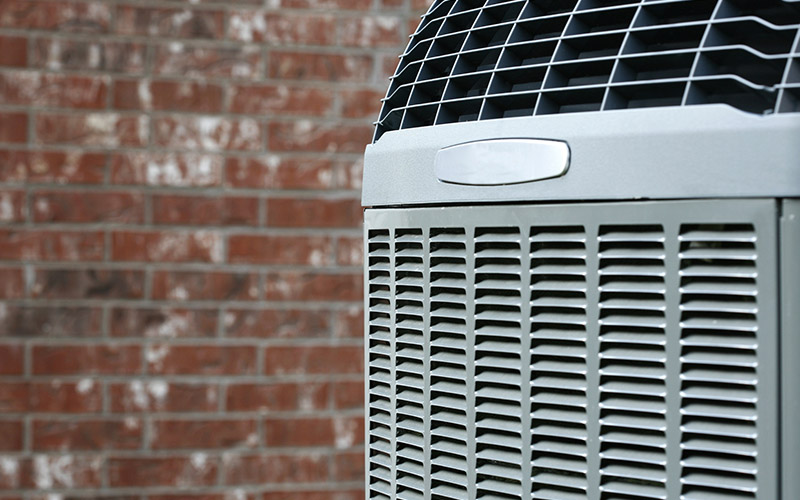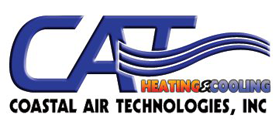Is your air conditioner past its prime and more than 10 years old? If so, it’s time to start saving for a new HVAC system. The longer you run your aging air conditioner, the higher your risk of requiring costly repairs. You’ll also pay more to cool your home. If you’d like to cool and heat your home with an all-in-one HVAC solution, consider investing in a heat pump. Here’s everything homeowners in Bluffton, South Carolina, need to know about heat pumps:
How Do Heat Pumps Work?
As you might have guessed from its name, a heat pump ‘pumps’ or moves heat from one area to another. The process involves the use of a compressor and a circulating structure of gas or liquid refrigerant. In the summer, a heat pump extracts heat from inside your home and pumps it outside. In the winter, a heat pump reverses the cycle to extract heat from outdoor sources like air or water to pump heat inside your home. They work to both heat and cool your home.
Gas furnaces can reach a high efficiency ratio, but they aren’t environmentally friendly. Since pumping the heat uses less energy than creating or converting it, heat pumps are a more efficient option than oil, gas and electric furnaces. They’re also more efficient than most cooling systems available on the market. That’s because they supply more heating and cooling capacity than the amount of energy they use to operate. Heat pumps can attain 300 percent efficiency.
What are the Pros of Installing a Heat Pump?
Before investing in a heat pump installation, it’s important to weigh the pros and cons. Not every home or living space should have a heat pump installed in it. Here are some of the advantages of operating a heat pump in your home:
- Low operating cost: Heat pumps cost less to run than combustion-based heating systems. The more efficient your HVAC system, the less money you pay to heat and cool your home.
- Health and safety: Combustion-based heating systems can become health hazards to your loved ones. Heat pumps are much safer to operate.
- Environmentally friendly: A heat pump has a highly efficient conversion rate of energy to heat. It can help you reduce your home’s carbon footprint.
- Cooling capacity: Heat pumps provide heating and cooling. They work especially well in mild climates that don’t experience freezing temperatures often.
- Long lifespan: Most air conditioners and furnaces reach their prime between 10 and 15 years. A heat pump can run efficiently for up to 50 years.
What are the Cons of Installing a Heat Pump?
Of course, there are cons to installing a heat pump. They include:
- High upfront cost: Heat pumps cost more to install than other conventional HVAC systems. That upfront price tag can put some homeowners off.
- Freezing weather: Homeowners who live in areas that experience freezing winters require more heating power than what a heat pump provides.
- Difficult installation: Installing a heat pump can result in significant disruption to your home and garden. This depends on your property’s layout.
Does My Heat Pump Require Regular Maintenance?
Like all other HVAC systems, heat pumps require annual maintenance to operate at peak efficiency. The good news is that they generally require less maintenance than combustion-based heating systems. You should schedule heat pump maintenance once per year to minimize energy usage, prevent breakdowns and extend your system’s lifespan.
Do you want to learn more about heat pumps? If so, contact Coastal Air Technologies, Inc. at (803) 914-0900 today. Our HVAC experts can provide you with more information about the heat pumps we carry and schedule an installation right away. We offer a full one-year warranty for every heat pump installation we complete in Bluffton, South Carolina, and the surrounding areas.
Image provided by flickr





